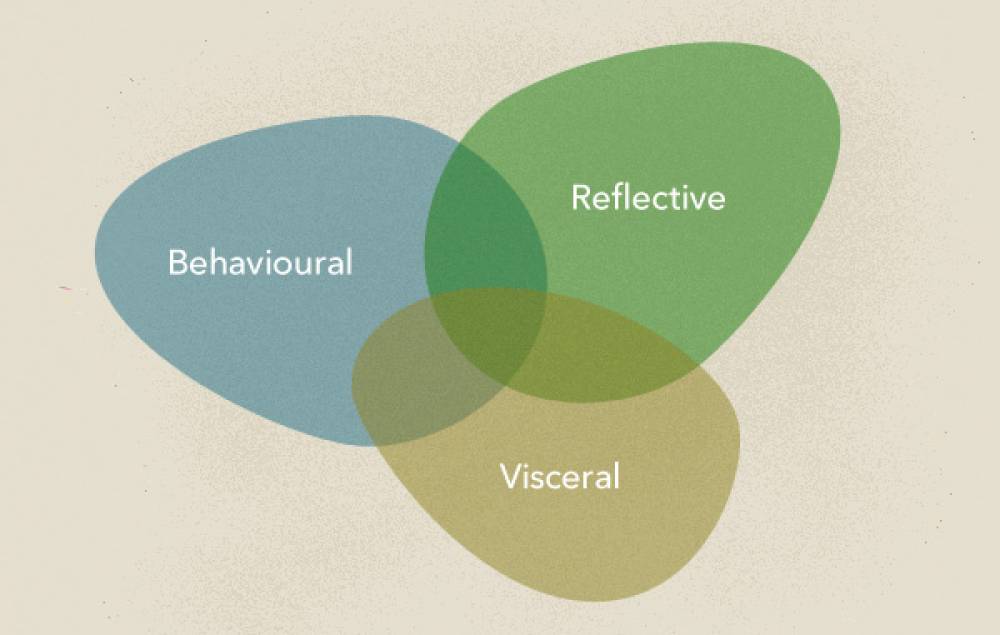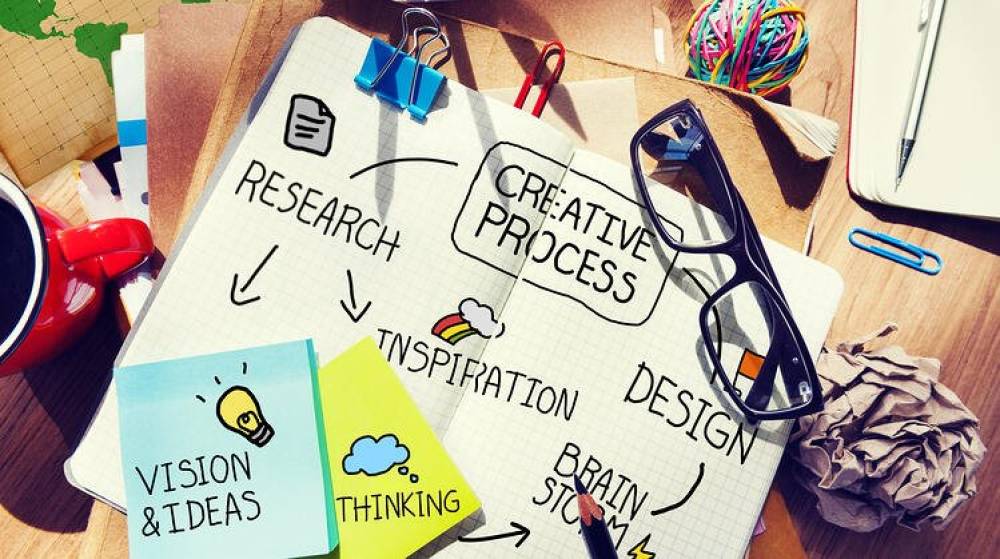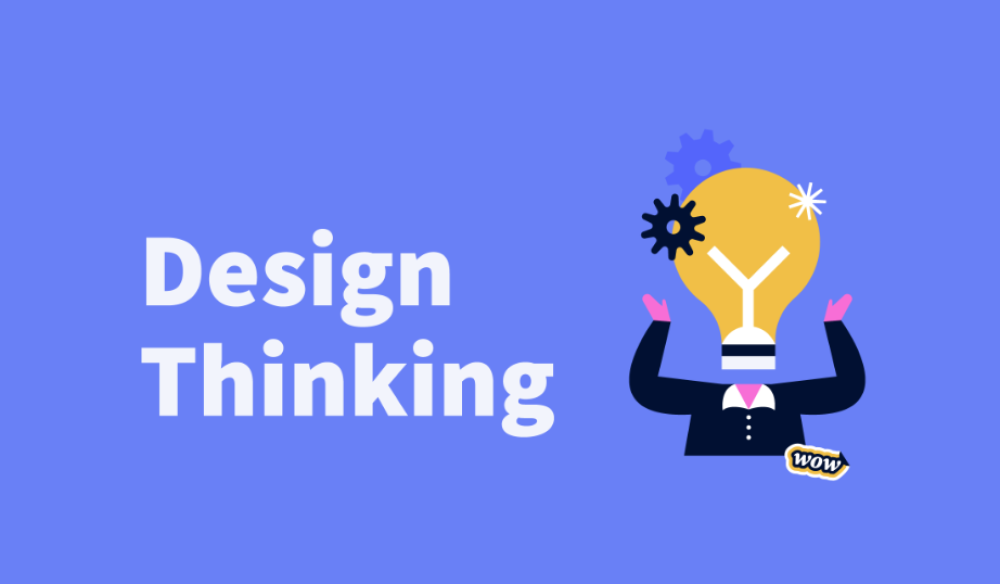

Why is product testing so important?

It reduces costs.
Early-stage testing can tell you if you’re developing features that can only make your customers avoid your product. This way, you won’t be spending your budget on things that you’ll eventually eliminate, and you’ll have funds to focus on the useful features.
It saves you from further customer support investments.
Product testing can detect the flaws in your UI/UX and allows you to improve it. This will save you a lot of customer support efforts in the future because your customers will be able to use your product without difficulties.
It increases your conversion rate.
Performing A/B testing could show you how a slight change in your product or campaign could change customer behavior. This way, you’ll be able to find out what is the trigger that works for your product, or what prevents potential customers from converting.
You can test your brand message.
Do people buy your product because it shows them status? Do they believe in it because it’s recommended by someone? Do they buy it because it’s made in your country? All these assumptions are part of your brand identity, and you can find out which one should you use to determine your brand message.
It discovers potential threats.
Product testing can tell you whether consumers think your competition has a better product than you do. Knowing the potential threats from the competition will give you the possibility to take action and improve your product’s weaknesses.
It allows you to improve customer retention.
In the sea of products, it’s really easy to find a replacement for what a customer thinks is bad user experience. That’s why it’s very important to know what your customers think are the good and the bad sides of your product and use this information to improve customer retention. When customers are happy with a brand, they become brand advocates, people who will recommend your product to their family and friends.
You don’t have to conduct product testing only when you’re releasing a new product. Releasing a new feature, not meeting your goals, and significant customer dissatisfaction can also be the reasons to test your product and collect customer feedback.
Reduces risk: The risk of your end customers catching mistakes or unnecessary features on your product can be reduced drastically. Disappointments can be removed from becoming hurdles later.
Provides scope for improvement: You gain a bird's view of the product’s pros, cons, and scopes for improvements. This way you know how well your product may perform in reality. You can even score a one up by adding features based on what the data reveals to you to gain an advantage over competing products.
Unlocks potential market: With usability testing, you tap into potential user needs that were not listed during the UX research. The way your product is used can give you a new perspective.
Builds trust: Regular communication with clients and vice versa during this usability testing will only build lasting trust, feeling of inclusivity, and brand reputation.




